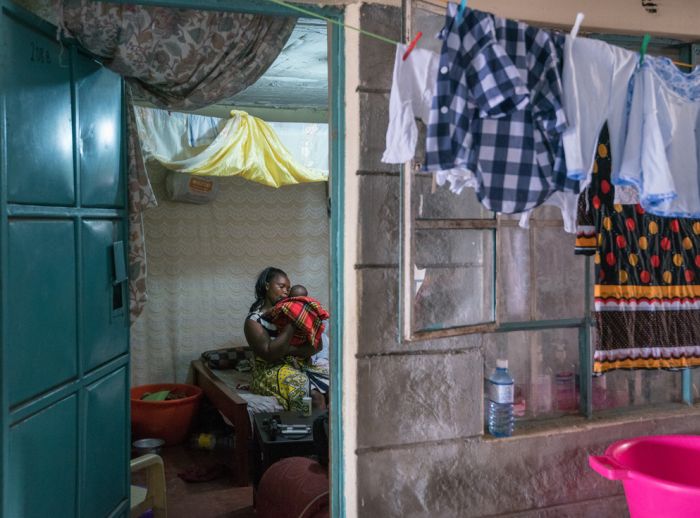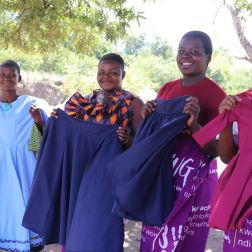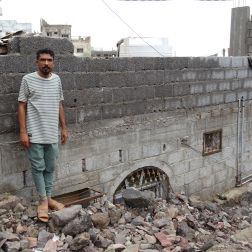- 3 mins read time
- Published: 31st January 2020
Tackle gender inequality by investing in care
When we think of gender inequality, our minds tend to leap to wage packets and glass ceilings. But for women and girls, the gender gap is evident in the countless hours they spend caring for others, as well as cooking and cleaning. These tasks are often invisible and undervalued.
Care work is the ‘hidden engine’ that keeps the wheels of our global economies, businesses and societies turning – and it keeps women trapped on the bottom rung of the economic ladder. Women and girls carry out 12.5 billion hours of unpaid care work every day. If they were paid the minimum wage, this would represent a contribution to the global economy of at least $10.8 trillion a year – more than three times the size of the global tech industry.

In Ireland, the provision of care services (for example, childcare and care for older people) by the State is relatively low, leaving households to provide these services themselves or to pay someone else to do the work – if they can afford it. The levels of support for combining paid and unpaid work are still well behind the EU average, while State supports for those who wish to receive care in their own home are limited. This sits uneasily with Ireland’s reputation as being a good place to raise a family. Meanwhile, any cutbacks or delays in investment impact women disproportionately.
Women in Ireland put in 38 million hours of unpaid care work every week, adding at least €24 billion of value to the Irish economy every year. This is equivalent to 12.3 percent of the Irish economy.
Oxfam Ireland is asking the next government to:
- Implement the recommendations of the Citizens’ Assembly on Gender Equality related to care work. This will mean investing more in public services and social infrastructure.
- Ensure care workers employed or funded by the State are paid at least a living wage.
- Hold a referendum on Article 41.2 of the Constitution to amend the language so it is gender neutral and recognises the value of care work in Irish society.
- Allow people who care for loved ones to be employed as carers and encourage more men to participate.
- Make all government departments report on the impact that economic and taxation policies and spending priorities have on women and girls.
- Ensure that the Central Statistics Office (CSO) collects better data on the levels of unpaid care work. Incorporate the contribution of unpaid care work into the CSO’s economic statistics.




